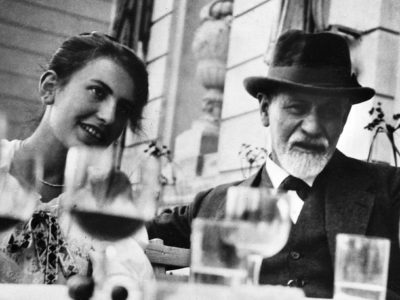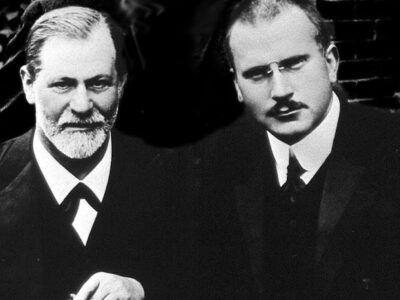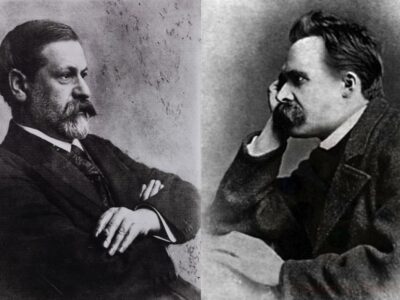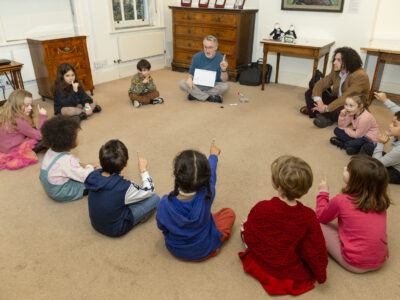
- This event has passed.
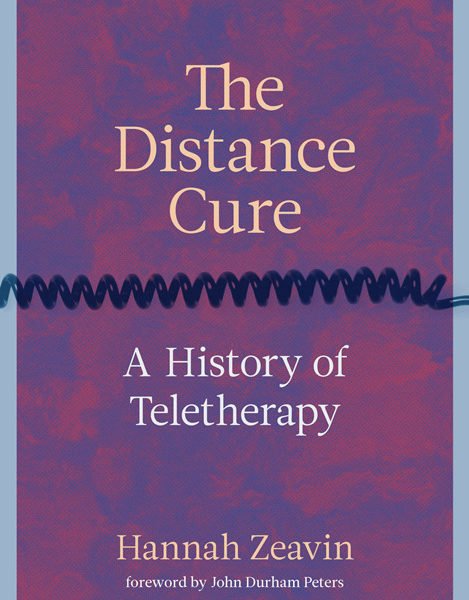
Attendees will receive their unique link to join after registering, and will automatically receive a recording 24 hours after the event. Please note: this event is taking place in GMT. If you are based outside of the UK, check the time difference to your region. Participants will not be visible during this webinar.
In The Distance Cure: A History of Teletherapy, Hannah Zeavin shows that, far from a recent concern in the COVID-19 pandemic, teletherapy is as old as psychoanalysis itself. It may be well known that Sigmund Freud routinely used media metaphorically in his theories of the psychic apparatus; this talk recovers the early history of Freud’s real use of media in therapies over distance.
Zeavin reads epistolary and postal conventions in Freud’s moment, intertwined with Freud’s own epistolary self-analysis (in correspondence with Wilhelm Fliess) and the unconventional treatment by correspondence of his only child patient, the agoraphobic “Little Hans,” in order to rethink the coincidental origins of psychoanalysis and teletherapy, and to help us think through narratives of loss that attend current uses of technology to mediate therapy.
Hannah Zeavin is a Lecturer in the Departments of English and History at the University of California, Berkeley and is on the Executive Committee of the University of California at Berkeley Center for Science, Technology, Medicine, and Society and on the Executive Committee of the Berkeley Center for New Media. Additionally, she is a visiting fellow at the Columbia University Center for the Study of Social Difference. Zeavin’s first book, The Distance Cure: A History of Teletherapy is out now from MIT Press, with a Foreword by John Durham Peters. She is at work on her second book, Mother’s Little Helpers: Technology in the American Family (MIT Press, 2023).
Buy the Book
‘The Distance Cure: A History of Teletherapy’ by Hannah Zeavin is available from the Freud Museum Shop.
Worldwide shipping available. Pick up your copy now >>
